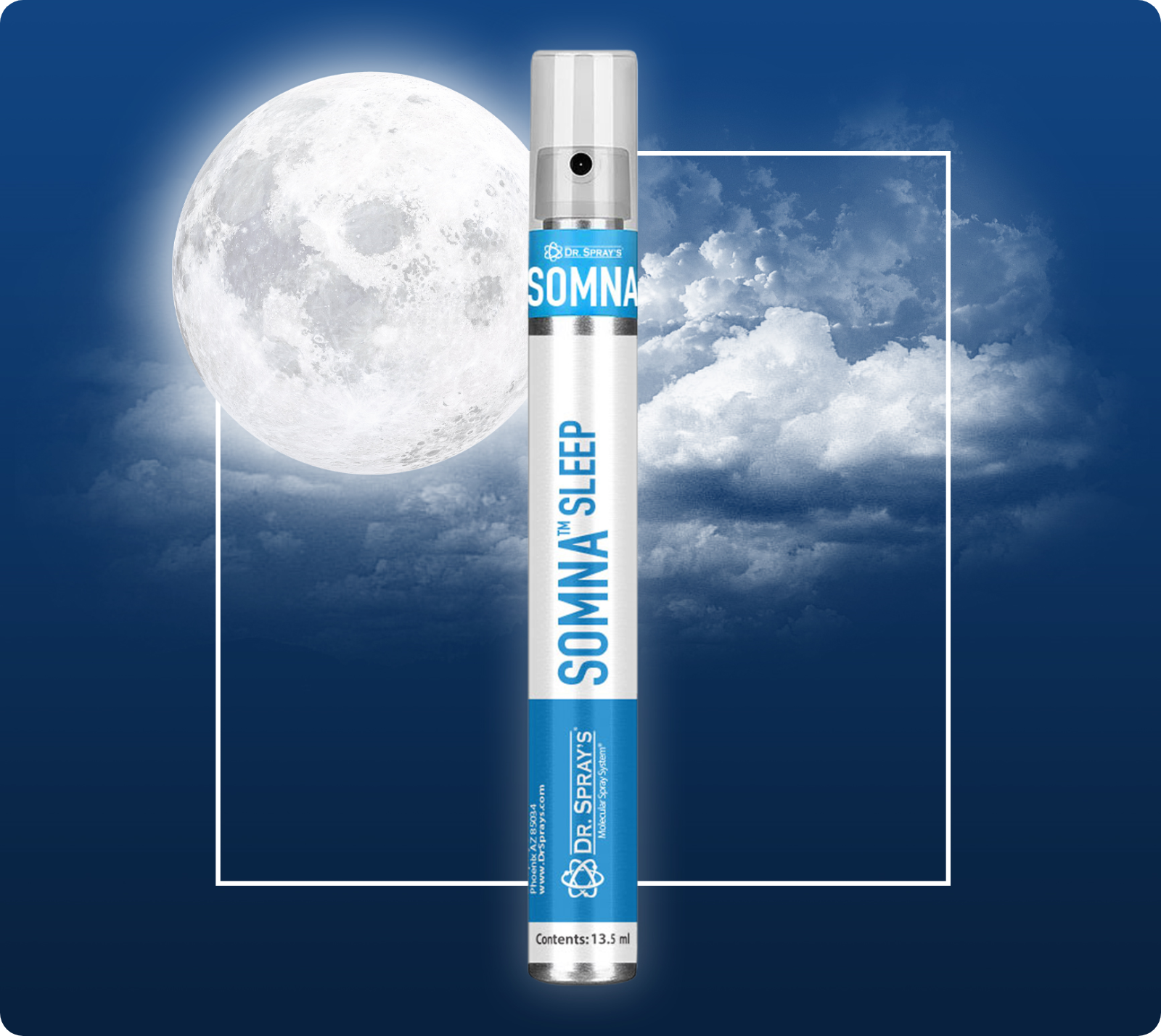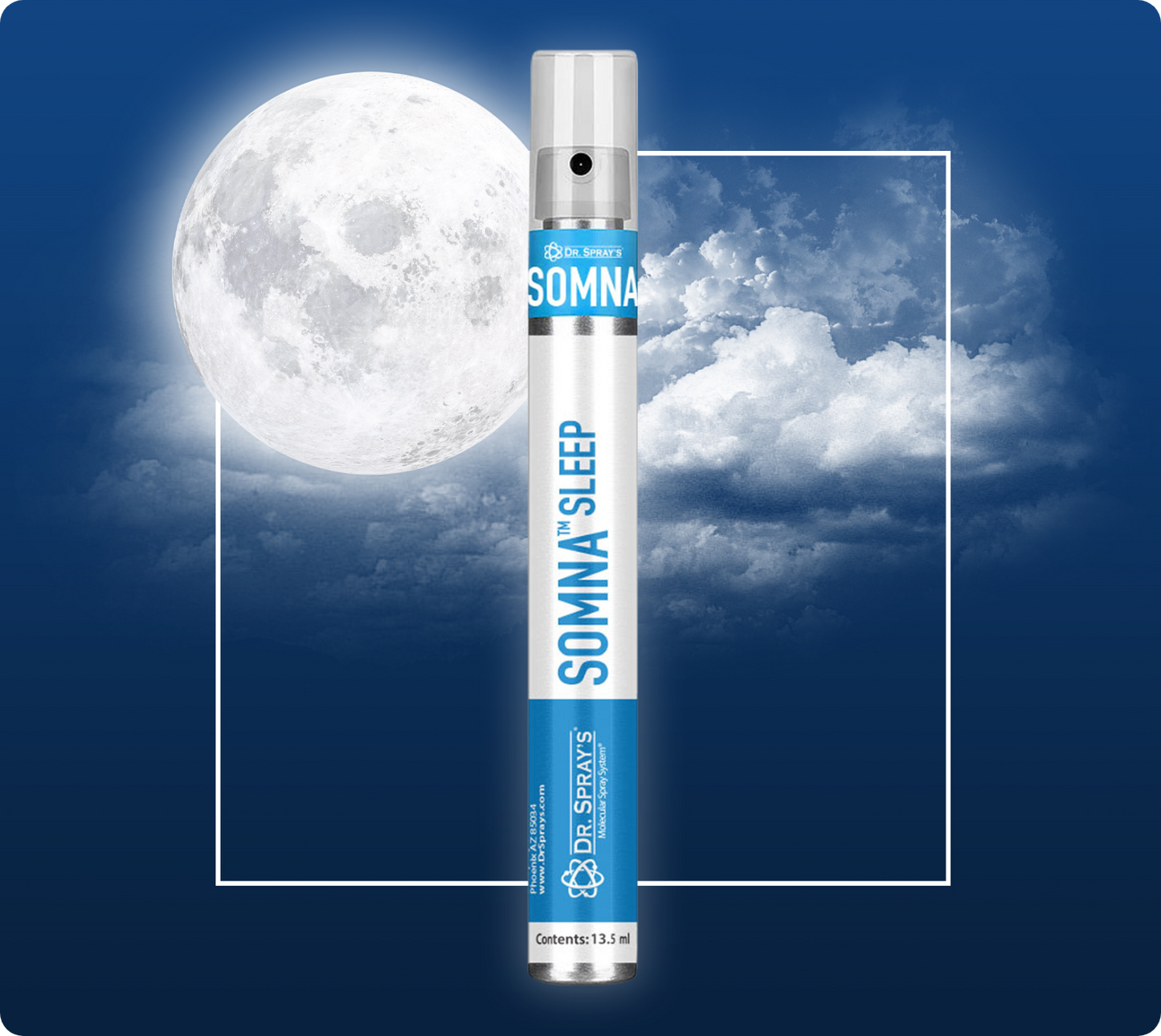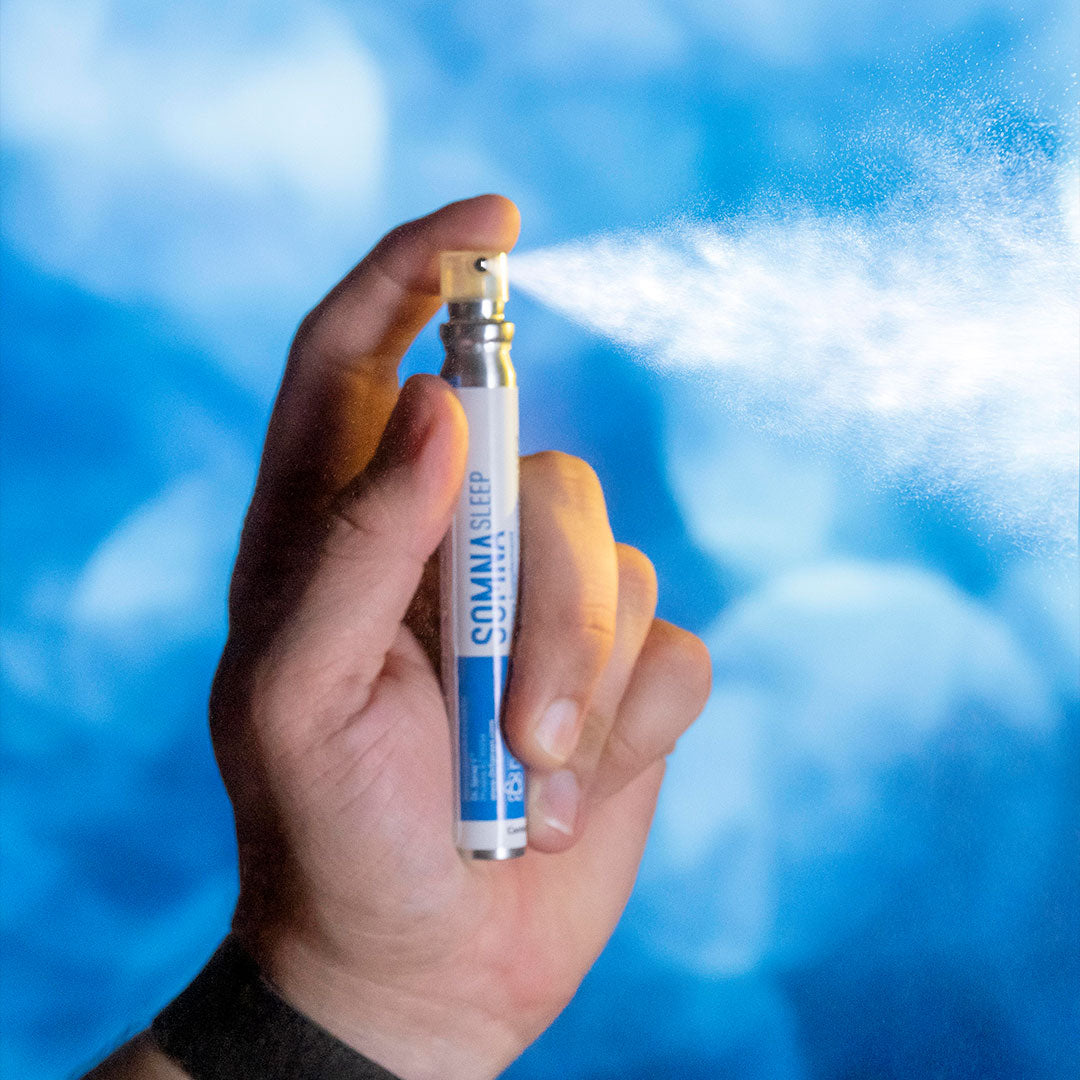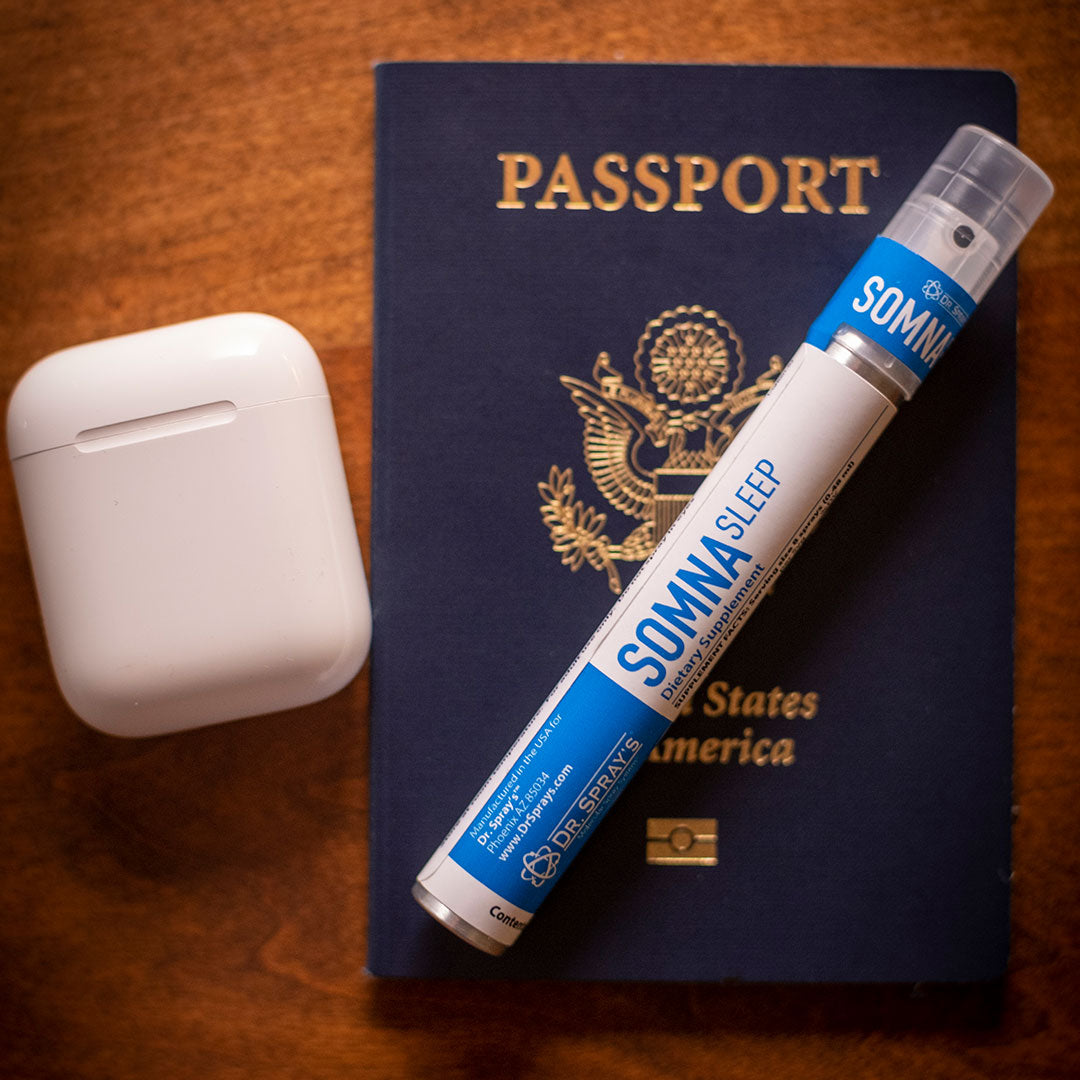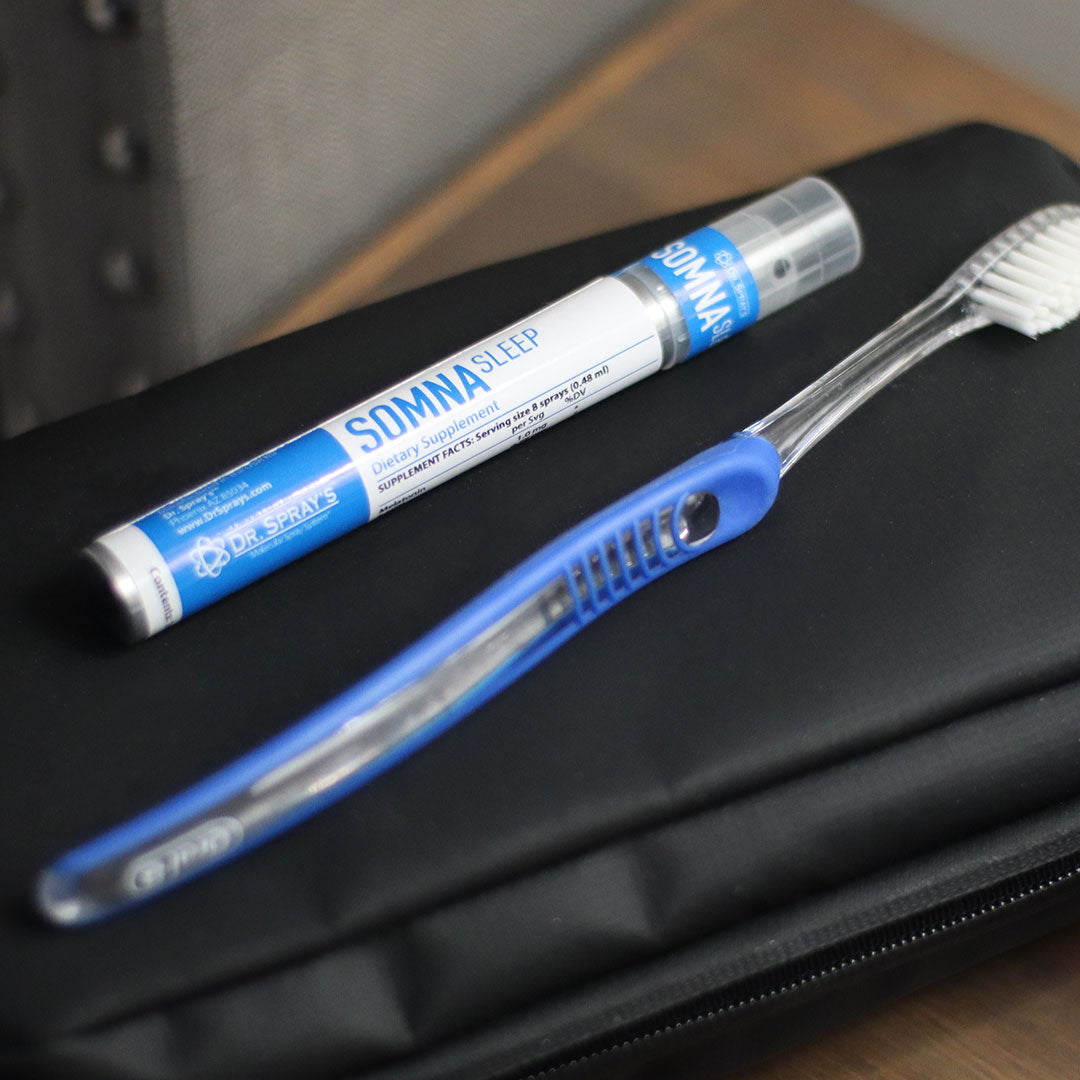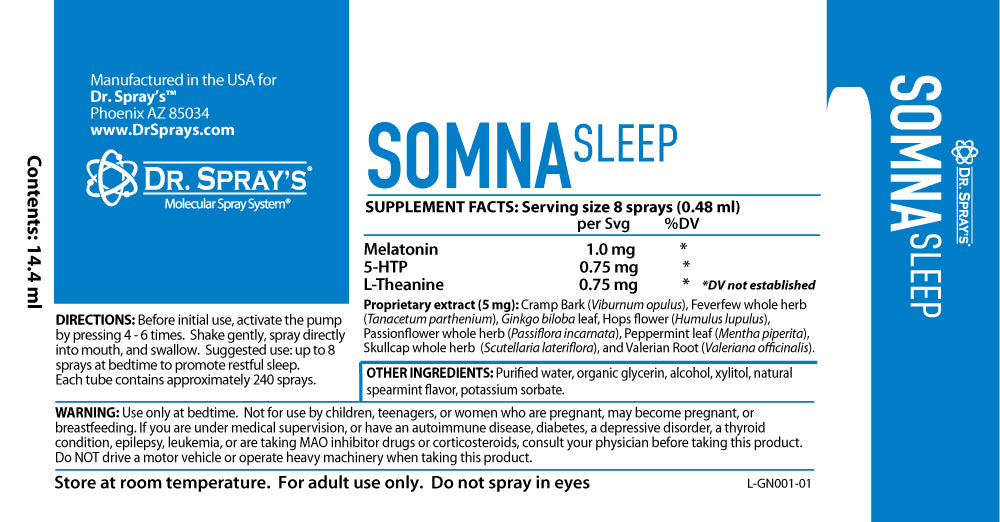If you're one of the millions of Americans who suffers from depression, you may be prescribed the antidepressant Cymbalta. Cymbalta is a serotonin-norepinephrine reuptake inhibitor (SNRI) that is used to treat major depressive disorder and generalized anxiety disorder.
While Cymbalta is an effective treatment for many people, one common side effect is insomnia. If you're struggling to get a good night's sleep while taking Cymbalta, you may be wondering what sleep aid you can take with it.
The good news is that there are several options for sleep aids that can be taken safely with Cymbalta. Melatonin is a popular choice for people taking antidepressants, as it is a natural supplement that can help regulate your sleep cycle. There are also over-the-counter options like diphenhydramine (found in Benadryl) and doxylamine (found in Unisom), which can be effective in helping you fall asleep and stay asleep.
Of course, it's always best to talk to your doctor before starting any new medication, even if it's over-the-counter. They can help you determine the best option for you based on your individual health needs.
If you're taking Cymbalta and having trouble sleeping, you're not alone. Many people who take this antidepressant report insomnia as a side effect. Fortunately, there are a few things you can do to help you get a better night's sleep. First, make sure you're taking Cymbalta at the right time of day. Taking it in the morning may help reduce nighttime sleeplessness. If you're still struggling to sleep at night, try taking a low-dose over-the-counter sleep aid like diphenhydramine (Benadryl) or doxylamine succinate (Unisom). If you're still having trouble sleeping, talk to your doctor about other options. Some people find that taking a low dose of a sedative medication like Valium at bedtime can help them sleep through the night. However, these medications can be habit-forming, so it's important to only use them as a short-term solution. There are also some natural remedies you can try to help you sleep better. Chamomile tea, for instance, has long been used as a natural sleep aid. Some research suggests that lavender oil may also be helpful in promoting sleep. Whatever you do, don't throw in the towel on trying to get a good night's sleep. It may take some trial and error to find the right solution for you, but there are options out there that can help.


